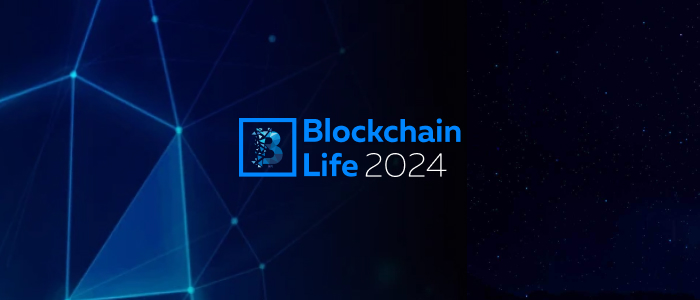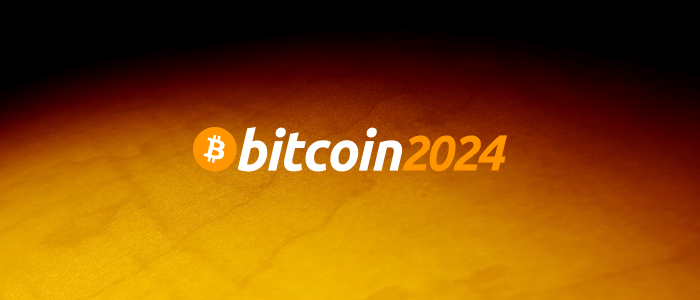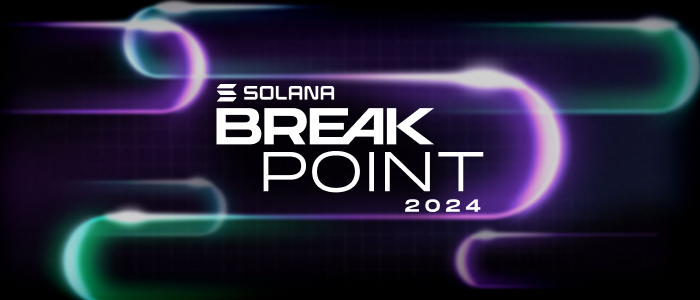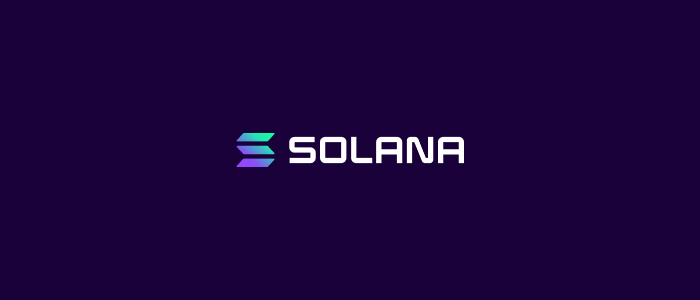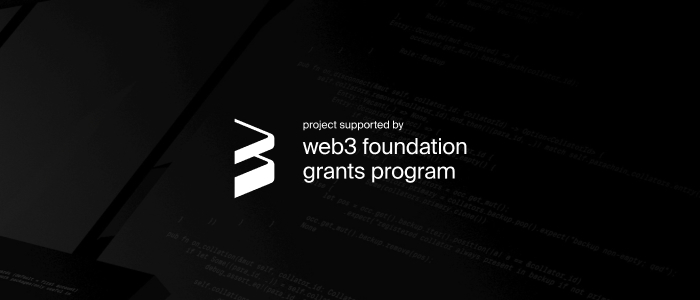Don’t miss the sequel The Rise of Stable Coins: Beyond Facebook Libra.
Facebook’s new permissioned blockchain initiative has been received with well-founded criticism, primarily related to concerns over privacy, but the battle that the Libra Association will spark around the world will probably benefit the struggle permissionless blockchains are facing. These battles are about the freedom to create new currencies and use them to make financial transactions. The debate over if and how to approve, restrict, or ban the Libra currency could mean more government roadblocks with regulations against cryptocurrencies in general, or, conversely, clearer policies about their legitimate use. If Libra is accepted it could also be possible that is regulated in a more favored way that permissionless blockchains.
Technically, the permissioned Libra blockchain does not bring anything new under the sun: algorithms for protecting against malicious attacks in a distributed system have existed for decades. The technical aspects of the Libra are irrelevant: its success does not depend on technical innovations. If the Libra is in a better position to succeed in the marketplace than permissionless cryptocurrencies like Bitcoin, it is due to the political and economic leverage Facebook and other members of the Libra Association have. Amazon, Google, Apple, and other industry players who are not part of the Libra Association will have to react.
From the distributed ledger ecosystem point of view, the Libra may succeed where other initiatives have failed. It could provide an example of how to overcome organizational barriers between different actors, allowing the involved parties to begin interacting with one another via smart contracts rather than APIs. Industries like health, energy, logistics, banking, construction, and real estate, and even the government, could potentially learn from the Libra experience and begin running their own permissioned blockchains.
Libra is a political and regulatory experiment. It can be halted or interrupted, unlike permissionless blockchains which are unstoppable due to their decentralized nature. Government regulations can only make it more difficult to exchange cryptocurrencies for fiat currencies, or to use them for crowdfunding and other financial services.
The fate of the Libra will undoubtedly have repercussions on the entire blockchain ecosystem: whether its effect on the integration of permissionless blockchains and legacy systems (e.g., banks) will be positive or negative remains to be seen, but it will not destroy them.
David Marcus, co-founder of Libra, told the Senate Banking Committee that blockchain technology is inevitable and that if the U.S. doesn’t lead in building and regulating it, the tech will come from places out of reach of the U.S. national security apparatus. In realpolitik terms, blockchain initiatives could be considered a new weapon in the new cold war along with cyberwar and information warfare. Countries may eventually have no choice but to integrate cryptocurrencies into their mainstream economies.
Related Articles
- U.S. dollar to be main currency underpinning Facebook’s Libra currency basket
- France and Germany agree to block Facebook’s Libra
- China’s Digital Currency
- Facebook’s Libra documents are ‘very vague’, says Switzerland central bank official Fritz Zurbruegg
- Binance planning to launch ‘Venus,’ similar to Facebook’s upcoming cryptocurrency Libra
- Facebook Hires Susan Zook, a former aide to Senator Mike Crapo, to Lobby on Libra
- Tomer Barel, VP of Facebook unit Calibra, meets Israeli regulators on Libra
- Why governments around the world are afraid of Libra, Facebook’s cryptocurrency
- How Will Facebook’s Libra “Blockchain” Really Work?
- Comparing Ethereum and the Libra blockchain
- Zooko: I love the Libra project. The megacorps are challenging government sovereignty over money
- Bitcoin is legally protected in China
- Juan Llanos, former ConsenSys fintech lead, says Facebook will rule crypto payments
- US proposes barring tech companies from offering financial services
- ‘However Long It Takes’: Zuckerberg Vows to Win Over Regulators on Libra
- No Companies Have Officially Joined Libra Association Says Visa CEO
- Facebook to Work ‘However Long It Takes’ to Win Regulators on Libra
- Trade war or not, from AI to blockchain and new energy vehicles, China is on the front row for the Fourth Industrial Revolution
- “Watch Out America” – China & Russia Are Coming After The Dollar
- Russia Looking Into Creating Gold-Backed Cryptocurrency for International Payments
- OpenZeppelin Uncovers Vulnerability in Libra’s Move IR Compiler




